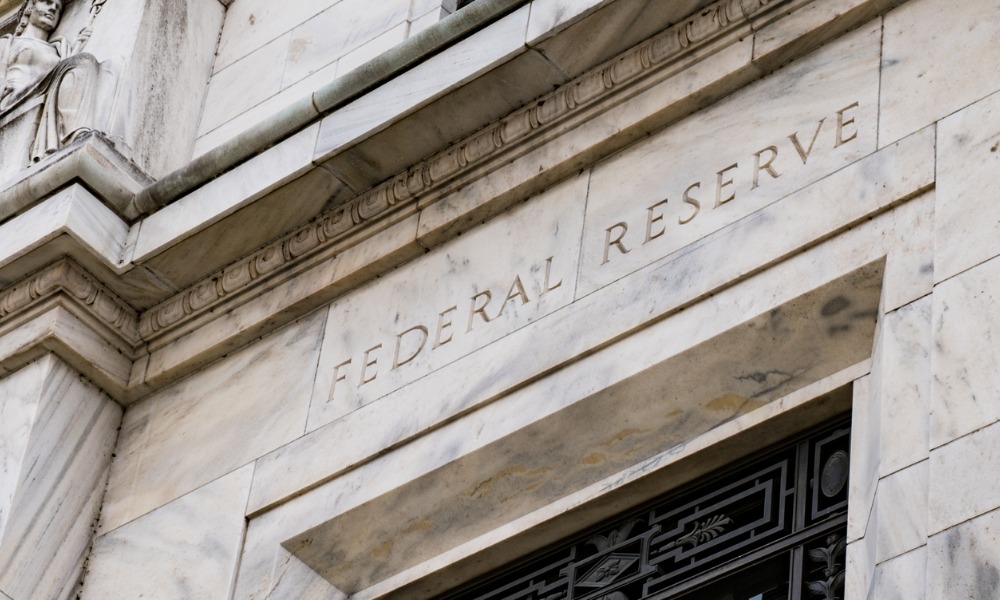Fresh economic data forces the Fed to stay cautious, delaying relief for borrowers

Federal Reserve Chair Jerome Powell made it clear that the central bank isn’t ready to cut interest rates just yet, citing fresh inflation data that showed prices rising more than expected at the start of the year.
Speaking before the House Financial Services Committee on Wednesday, Powell acknowledged that while inflation has eased, the Fed’s job isn’t finished.
“I would say we’re close, but not there on inflation,” Powell said. “Last year, inflation was 2.6% - so great progress - but we’re not quite there yet.
“So we want to keep policy restrictive for now.”
That means interest rates will remain elevated for now, as the Fed holds off on cutting rates until it sees further evidence of inflation cooling.
Inflation data shifts expectations
The latest inflation report complicated the outlook for rate cuts, with the core consumer price index (CPI), which excludes food and energy costs, rising 0.4% in January – the highest increase since March. Prices for housing, prescription drugs, car insurance, and groceries all rose, with egg prices seeing a sharp jump.
The report sent markets into a tailspin, with stocks opening lower, while Treasury yields and the dollar surged. Before the data was released, traders were expecting at least two rate cuts in 2025, but, following the report, those expectations dropped to just one quarter-point cut.
The Fed has already lowered rates by one percentage point since September 2024, but Powell made it clear that policymakers are in no rush to make further adjustments.
“We do not need to be in a hurry to adjust our policy stance,” Powell said, reinforcing comments he made to the Senate Banking Committee a day earlier.
Trump’s tariffs
The Fed’s cautious stance comes amid growing economic uncertainty, particularly with former President Donald Trump’s new trade policies adding another variable into the mix.
Earlier this week, Trump imposed a 25% tariff on steel and aluminum imports, alongside a 10% duty on all Chinese imports. His administration has also delayed, but not ruled out, additional tariffs on Canada and Mexico, while threatening reciprocal tariffs on countries imposing levies on US imports.
On Wednesday morning, Trump took to Truth Social, calling for lower interest rates, arguing that they would complement his tariff policies. Powell declined to comment directly on Trump’s post but emphasized that the Fed’s decisions will remain based on economic data, not political pressure.
“The underlying economy is very strong, but there’s some uncertainty out there about new policies,” Powell said. “We’re just going to have to wait and see what the effects of those policies are before we think about what we can do.”
Bank oversight
Powell’s testimony also touched on banking regulation, with the Fed chair suggesting that supervisory policy was more stable before the vice chair for supervision role was created. The position was introduced to oversee banking regulations more directly, but Powell indicated that it may have contributed to volatility in regulatory decisions.
Read next: There are going to be parts of the US where you won’t be able to get a mortgage – Powell
The current vice chair for supervision, Michael Barr, has announced he will step down from the role on February 28, though he will remain a Fed governor.
Meanwhile, Powell confirmed that the Fed is reviewing its long-term policy framework, with adjustments expected by late summer 2025.
When asked if the Fed’s 2020 framework had limited its ability to respond to inflation, Powell's direct answer was, “No.”
Stay updated with the freshest mortgage news. Get exclusive interviews, breaking news, and industry events in your inbox, and always be the first to know by subscribing to our FREE daily newsletter.



